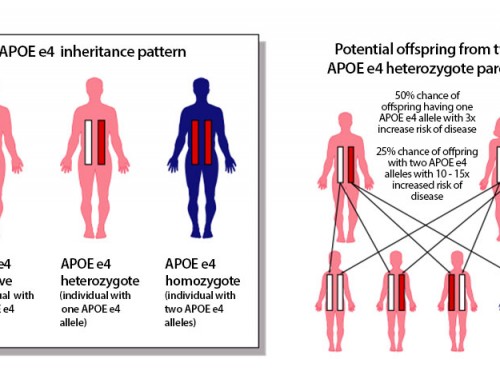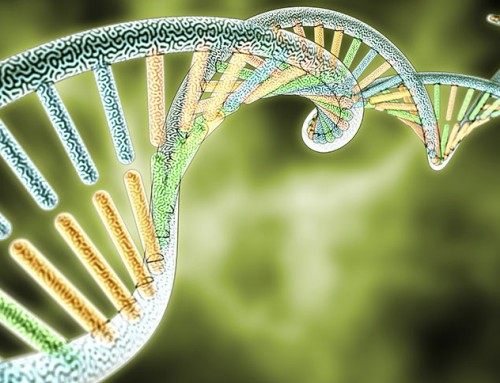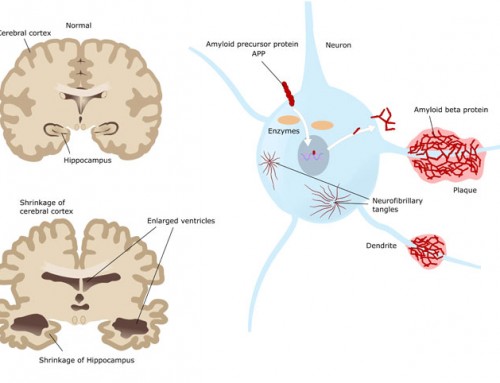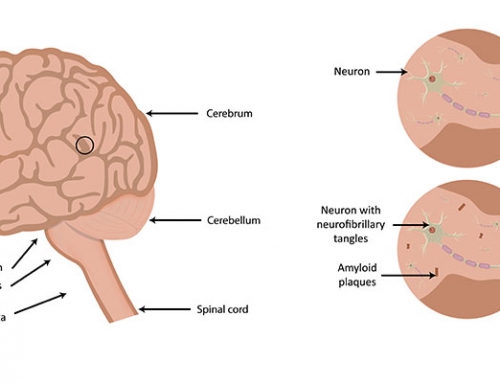[Updated 2015 Sep 24]. In: Pagon RA, Adam MP, Ardinger HH, et al., editors. GeneReviews® [Internet]. Seattle (WA): University of Washington, Seattle; 1993-2015.
What is Dementia?
Dementia is not a specific disease, but it refers to a group of symptoms associated with the decline in cognitive functioning such as memory, thinking, reasoning and behavior to an extent that it interferes with daily functioning. Dementia is caused by physical changes in the brain and it is not a normal part of aging. There are different types of dementia, and it ranges in severity depending on the degree and type of brain changes that occurs. The most common type of dementia is Alzheimer’s disease, which accounts for approximately 60-80% of cases. Other dementias include Lewy Body Dementia, Vascular Dementia and Parkinson’s disease.
Alzheimer’s disease is named after Dr. Alois Alzheimer, a German physician in 1906. It was first noticed in the brain tissue of a woman with a rare brain disorder, whose symptoms were memory loss, language and behavioral problems. Many abnormal clumps (plaques) and tangled fiber bundles (tangles) were identified in her brain autopsy, which is now one of the hallmarks of Alzheimer’s disease. Microscopic changes and damage to the brain start long before the signs and symptoms of Alzheimer’s disease first appear. This brain damage is found originally in the hippocampus, an area of the cerebrum that is necessary for the formation of memory and spatial navigation. The onset of the Alzheimer’s disease involves abnormal deposits of protein forming amyloid plaques and tangles throughout the brain. The formation of plaques and tangles are thought to contribute to the degradation of nerve cells (neurons) in the brain. As a result, some neurons stop functioning, lose communication with other neurons and die. The disease progresses as more neurons die, affecting more areas of the brain and the brain tissue begins to shrink. By the final stage, the brain tissue has shrunk significantly, especially in the hippocampus, thus damaging areas in the brain involved in memory, thinking and reasoning.
References:
Alzheimer’s Disease Fact Sheet. (Page Last Updated: July 20, 2015). Alzheimer’s Disease Education and Referral (ADEAR) Center – A service of the National Institute on Aging, National Institutes of Health.
Bird TD (1998). Alzheimer Disease Overview.
Genovate Laboratories2017-04-06T00:20:04+00:00






